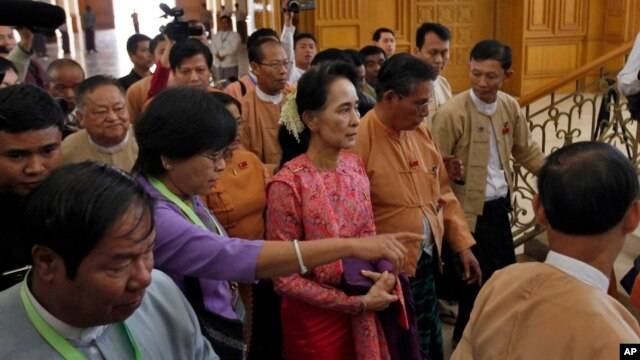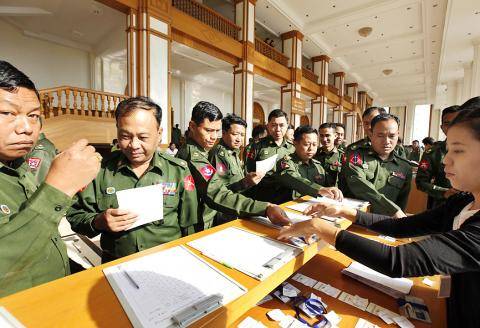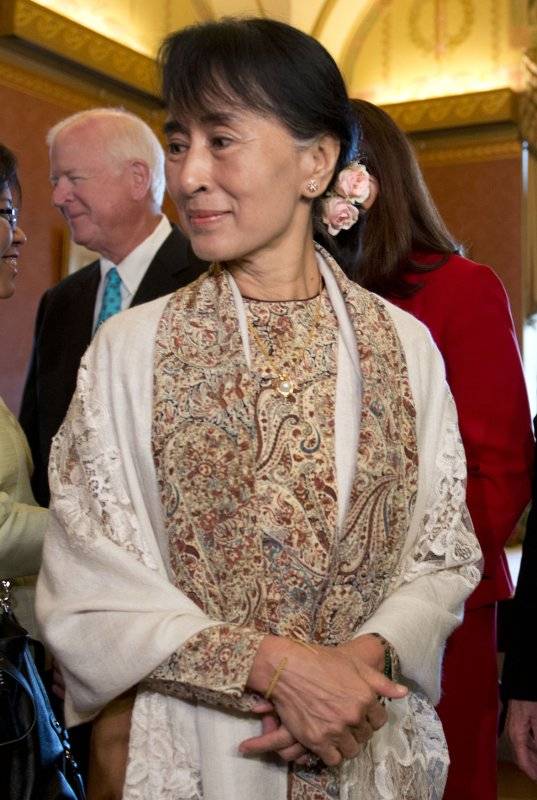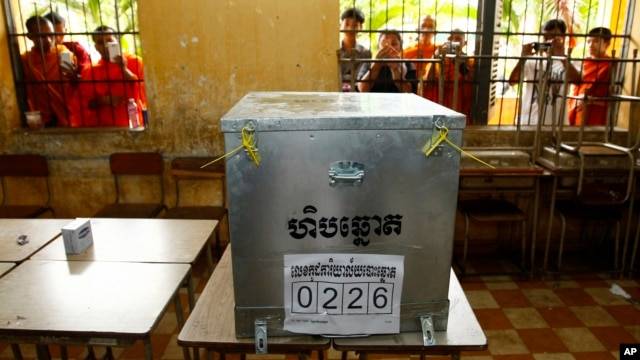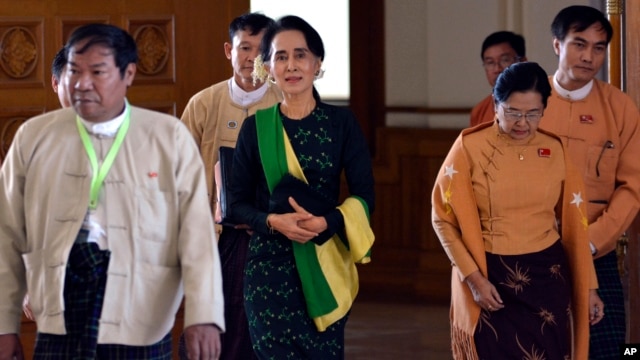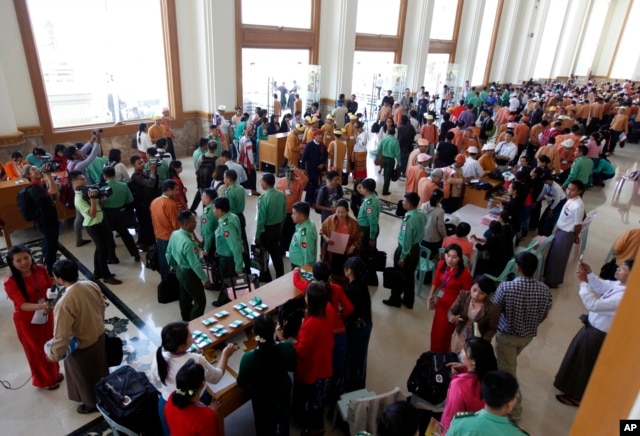Sky Dancer
Rookie
- Jan 21, 2009
- 19,307
- 1,320
- 0
- Banned
- #1
Myanmar's main opposition party led by Nobel laureate Aung San Suu Kyi decided Friday to rejoin politics and register for future elections, signaling its confidence in recent reforms by the military-aligned government.
The National League for Democracy party "has unanimously decided to reregister as a political party ... and will run in the elections," it said in a statement issued at the end of a meeting of senior members from across the country.
Some joyous members broke into a dance as the announcement was made.
"What we are doing now involves a lot of risk but it is time to take the risk because in politics there is no 100 percent assurance of success," Suu Kyi told them.
Suu Kyi's party to register for Myanmar elections - Taiwan News Online
This is a very exciting development!
The National League for Democracy party "has unanimously decided to reregister as a political party ... and will run in the elections," it said in a statement issued at the end of a meeting of senior members from across the country.
Some joyous members broke into a dance as the announcement was made.
"What we are doing now involves a lot of risk but it is time to take the risk because in politics there is no 100 percent assurance of success," Suu Kyi told them.
Suu Kyi's party to register for Myanmar elections - Taiwan News Online
This is a very exciting development!







